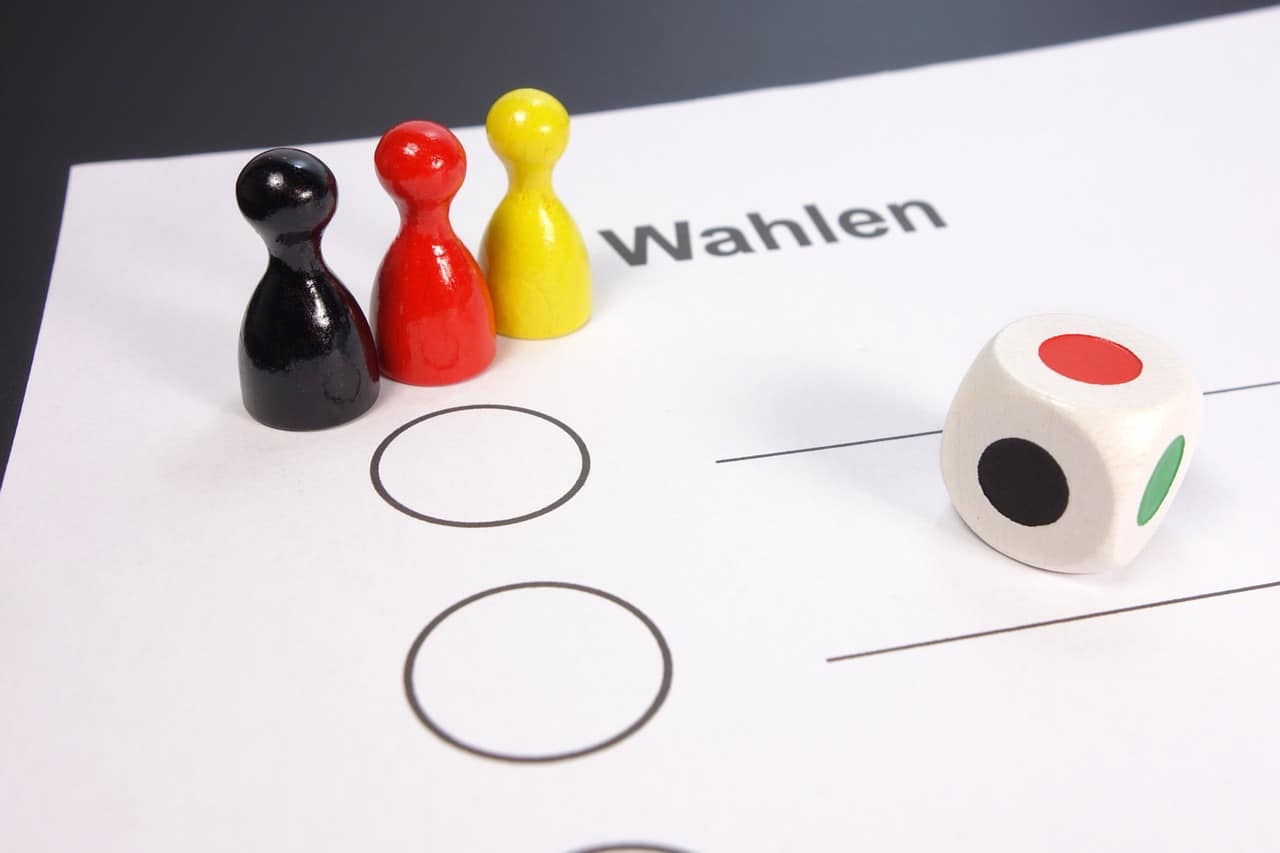The future of quantum communication for secure elections

In the digital era, our lives have become intertwined with technology. From how we communicate to how we vote, it’s tough to imagine a world without it. However, as we approach the era of quantum computing, the security of our digital lives is under threat. Traditional encryption methods are proving to be insufficient in the face of quantum computers. Their immense computational power can crack the strongest of public keys, leaving our private data vulnerable. Fortunately, quantum encryption and quantum key distribution (QKD) have emerged as potential solutions to secure our future. This article explores how this cutting-edge technology could revolutionize election security.
Quantum Mechanics and Communications Technology
Quantum mechanics is an underlying principle that governs the behavior of particles at the atomic and subatomic levels. It’s a mysterious and counterintuitive science, but a crucial one for our modern world. Quantum mechanics is the driving force behind many technologies we use today, from semiconductor electronics to lasers.
A lire en complément : How to strengthen customer engagement on social platforms with chatbots ?
Quantum technology, grounded in this science, has the potential to transform our society in profound ways. One of the most anticipated developments is in the field of communication—specifically, quantum key distribution (QKD). QKD harnesses the principles of quantum mechanics to create an unbreakable encryption key, which can secure digital communication and data transfer.
Quantum Key Distribution and Cryptography
Quantum cryptography, built on the principles of quantum mechanics, offers a new way to secure digital communication. Unlike traditional cryptography, which is based on complex mathematical algorithms, quantum cryptography relies on the fundamental laws of physics.
A lire en complément : The role of AI in wildlife conservation and anti-poaching efforts
The cornerstone of quantum cryptography is quantum key distribution (QKD). QKD uses the principles of quantum mechanics to generate and distribute encryption keys between two parties. The key is transmitted over a secure quantum channel, where any attempt at eavesdropping will change the quantum state of the key, alerting the communicating parties of the intrusion.
This quantum-based encryption is virtually unbreakable. It offers a way to secure communication channels, protecting vital data from cyber threats. This could have huge implications for many sectors, including the government and election security.
Quantum Communication and Election Security
Secure communication is a critical component of any democratic election. It ensures the integrity of the vote and the public’s trust in the electoral process. However, the rise of quantum computers threatens to compromise the security of our election systems.
Current election systems use public key encryption to secure the transfer and storage of votes. But with the advent of quantum computers, these systems could be easily broken, compromising the security of the vote. This is where quantum cryptography and QKD could change the game.
By using QKD, we could secure the transmission of votes from the voter to the election authorities. The quantum key, being virtually unbreakable, would ensure that the vote is secure and free from tampering.
Additionally, quantum communication could help secure the critical infrastructure that supports our election systems. Quantum keys could be used to encrypt and protect sensitive data, such as voter registration databases and digital signatures, ensuring their integrity.
As David Awschalom, a renowned quantum scientist, stated, “Quantum technology has the potential to redefine the way we approach security and communication. Its application in election security could significantly enhance the integrity of our democratic processes.”
Post Quantum World and National Security
The advent of quantum technology is not just about securing elections. It’s about anticipating a post-quantum world where traditional security measures are no longer sufficient. National security, in particular, is an area where quantum technology could play a vital role.
The United States government has recognized this potential. It’s investing heavily in the research and development of quantum technology. The aim is to protect the nation’s critical infrastructure, such as power grids, communication networks, and financial systems, from potential quantum threats.
In conclusion, the widespread adoption of quantum technology has the potential to radically transform the way we approach security. Quantum key distribution and quantum cryptography are emerging technologies that could redefine how we protect our digital lives. They hold the promise of secure elections, safeguarding our critical infrastructure and anticipating a post-quantum world. As we continue to navigate the digital age, it’s clear that these quantum solutions will play a pivotal role in the future of our interconnected world.
